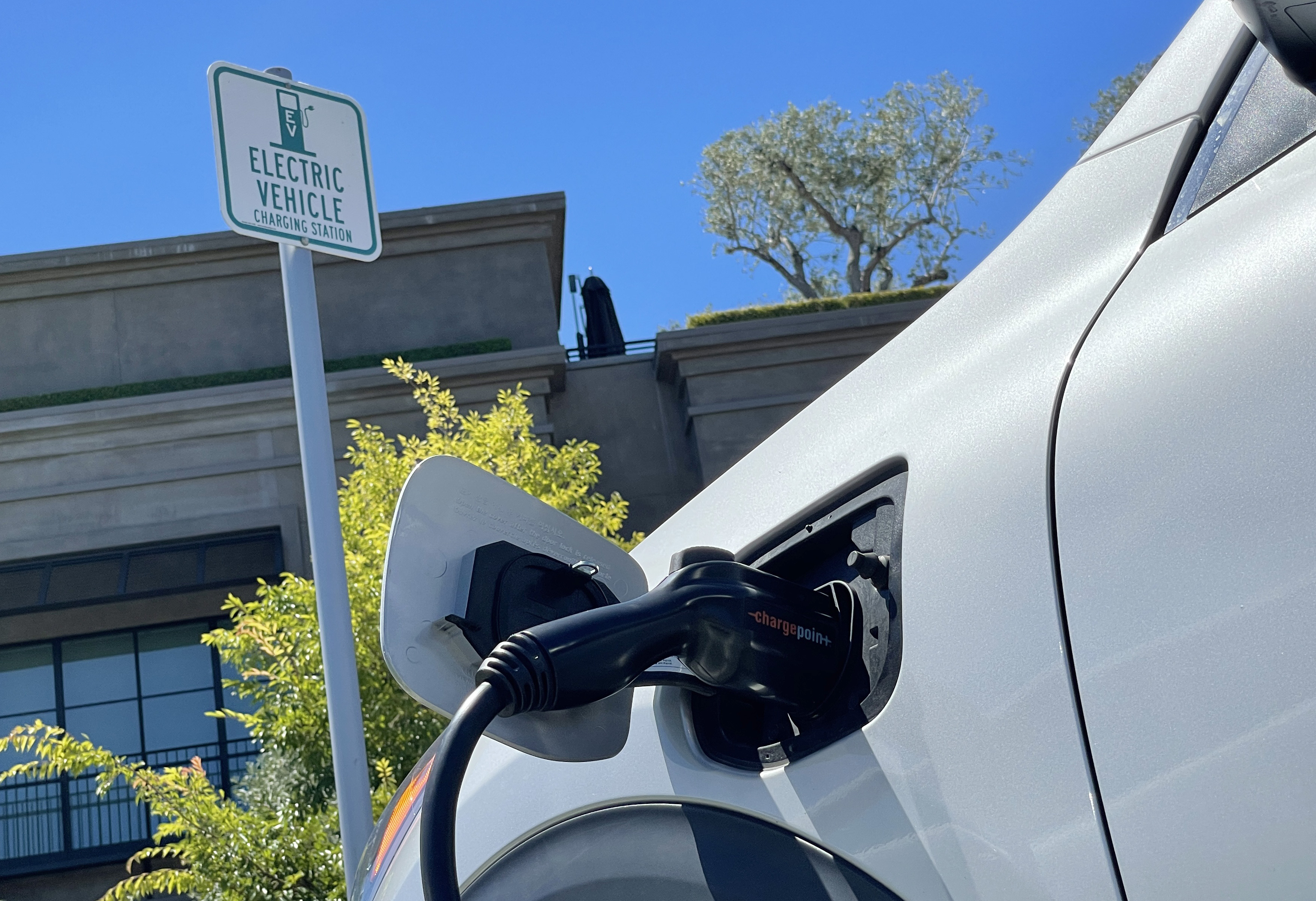
San Diego County supervisors Wednesday unanimously approved sustainability initiatives, including planting more trees in unincorporated areas, as part of the Regional Decarbonization Framework.
The framework proposes strategies to reduce carbon emissions to net-zero levels no later than 2045, matching the carbon neutrality goal California set in 2018. The county will have to find money to pay for elements of the plan.
Supervisors directed Chief Administrative Officer Helen Robbins-Meyer to oversee the following initiatives:
Climate Change
Get San Diego local news, weather forecasts, sports and lifestyle stories to your inbox. Sign up for NBC San Diego newsletters.
- a pilot carbon farming program, which Robbins-Meyer will develop and return to the board with options, including a list of identified projects;
- $100,000 for a consultant to prepare an energy resiliency and equity report, featuring recommendations that can be used for the updated Climate Action Plan or other future planning efforts;
- $150,000 for a consultant to prepare a report on existing building electrification options to shift from using fossil fuels, used for the updated CAP or other future planning; and
- $50,000 for a consultant to prepare a tree-planting program that will focus on underserved areas to reduce the urban heat island effect, increase climate resiliency and reduce greenhouse gas emissions;
- $100,000 for a consultant to prepare a hydrogen fueling report, used for the updated CAP or other future planning.
Board Chairman Nathan Fletcher said taking steps to eliminate carbon emissions "will make our region a better place to live for the next generation."
Supervisor Terra Lawson-Remer said the environmental initiatives were great, and added the county is moving forward "because so many people care so deeply about this."
During public comment, most who spoke endorsed the initiatives or offered some of their own.
Rita Clement, a member of the environmental group SanDiego 350, said the county urgently needs to pass an all-electric code for construction.
Corrina Contreras, a Vista City Council member, said communities such as hers are heavily impacted by the climate crisis, and it's imperative to fund better transportation options and bike lanes.
Sean Ellis, with the United Association Local 230 Union, which represents plumbers and steamfitters, said he opposed the electrification of all buildings, as it would make pipe-fitters irrelevant.
"If you pass this item, you are effectively telling my members you don't care about their jobs," Ellis said.
Supervisor Nora Vargas said she heard pipefitters "loud and clear" on what the building electrification impacts could be, and the board was looking at different models and a just transition for workers.
Fletcher said one goal is for a net increase in jobs, and that "nothing (proposed) is going to automatically electrify every building."
Fletcher mentioned his concern over the county having to hire so many consultants for the proposals, and asked if the county could move forward without having to do so.
Supervisor Jim Desmond said he wasn't sure the county could have in- house expertise on everything. Because technology is changing so fast, it's important to have a good balance on expert sources, he added.
The supervisors also unanimously voted to receive an update on the Regional Decarbonization Framework. If it becomes official county policy, the framework goals include:
- transitioning away from natural gas-powered electricity plants to create more solar and wind electricity plants and potentially upgrading transmission lines;
- decreasing the miles people travel;
- increasing the use of mass transit;
- using electricity rather than natural gas to heat water and spaces, and electric heat pumps instead of furnaces and air conditioners.
Supervisors will consider formally adopting its final three components -- a technical report, a workforce development study and an "Implementation Playbook" of policies -- next spring.
Get updates on what's happening in San Diego to your inbox. Sign up for our News Headlines newsletter.
Murtaza Baxamusa, regional sustainability program manager, said the county's actions "in getting to zero-carbon emissions in the months and years ahead are going to be the true test of this framework." He added that the San Diego region "is uniquely positioned to take a leadership role on decarbonization."
Rebeca Appel, county group program manager, said that instead of a forcible mandate, the Playbook will offer options and guidance.
"Our global climate is changing, and the effects are being felt every day," she added.
Vargas said she appreciated that the Implementation Playbook will include local jurisdictions. "If anything, we've learned that we can't do this alone," she said.
Supervisors are also reviewing a Climate Action Plan, which won't be ready for formal approval until late 2023. In September 2020, supervisors voted to rescind the original CAP, first adopted in February 2018, and move forward in creating a replacement after a Superior Court judge ruled the original plan didn't comply with county or state goals for reduced emissions.



